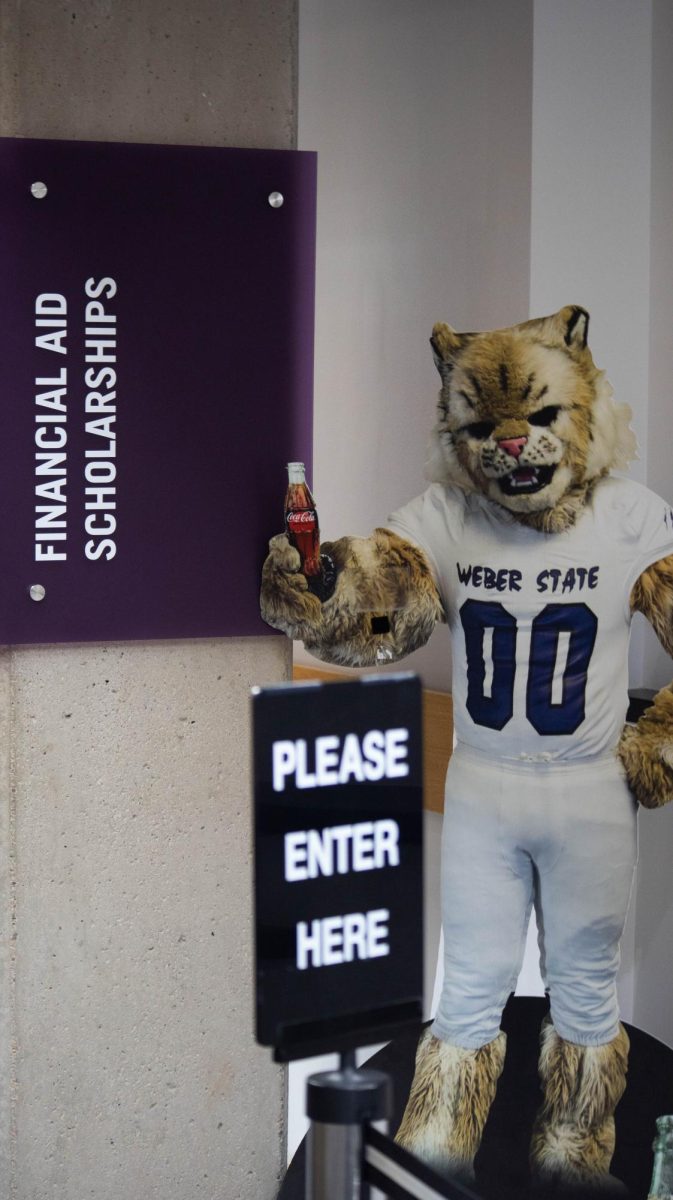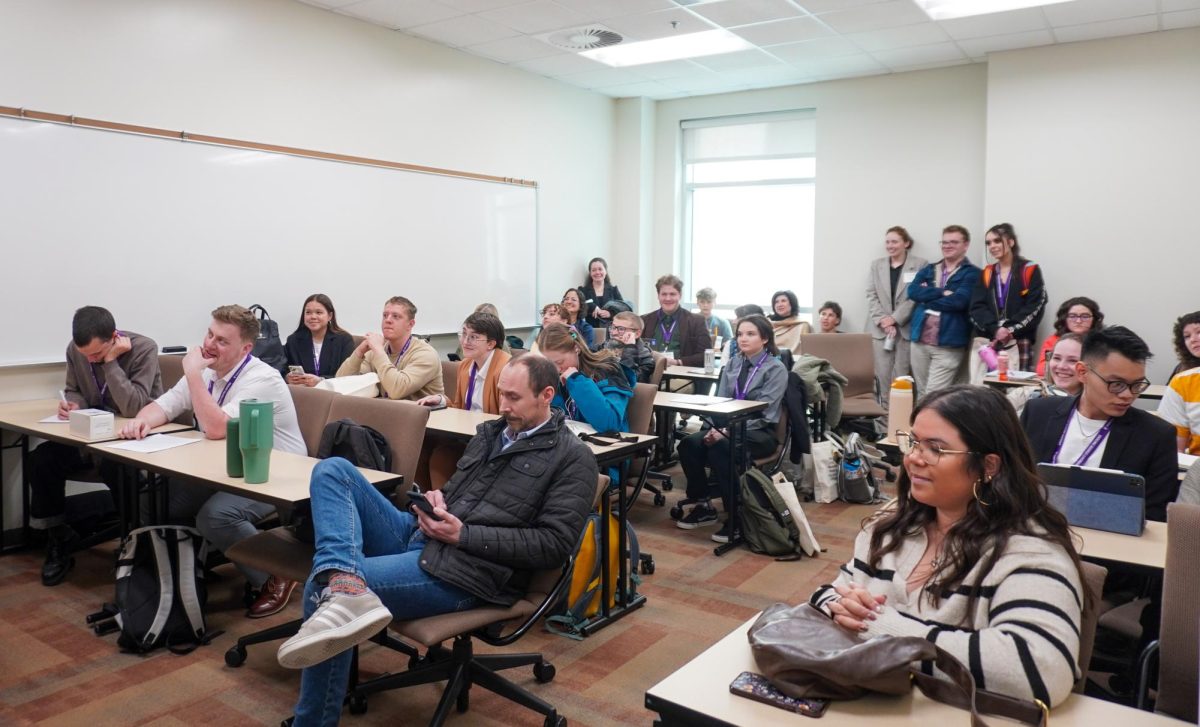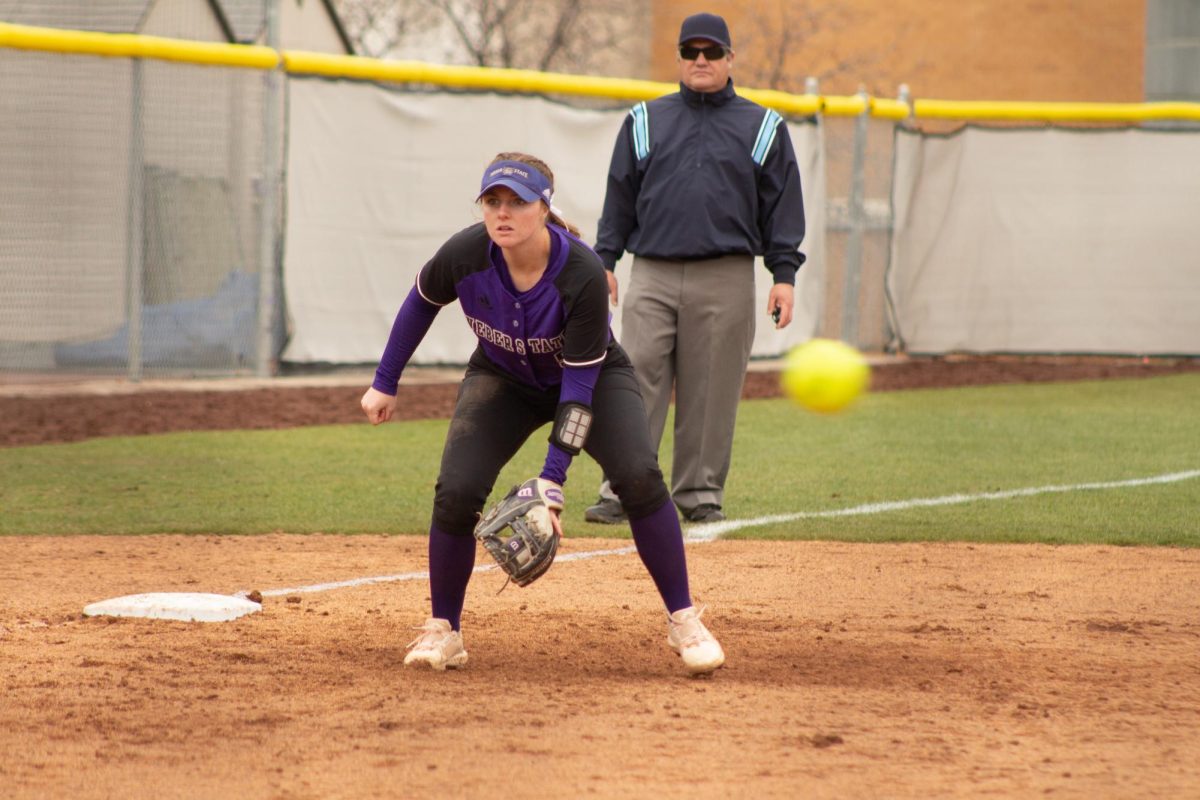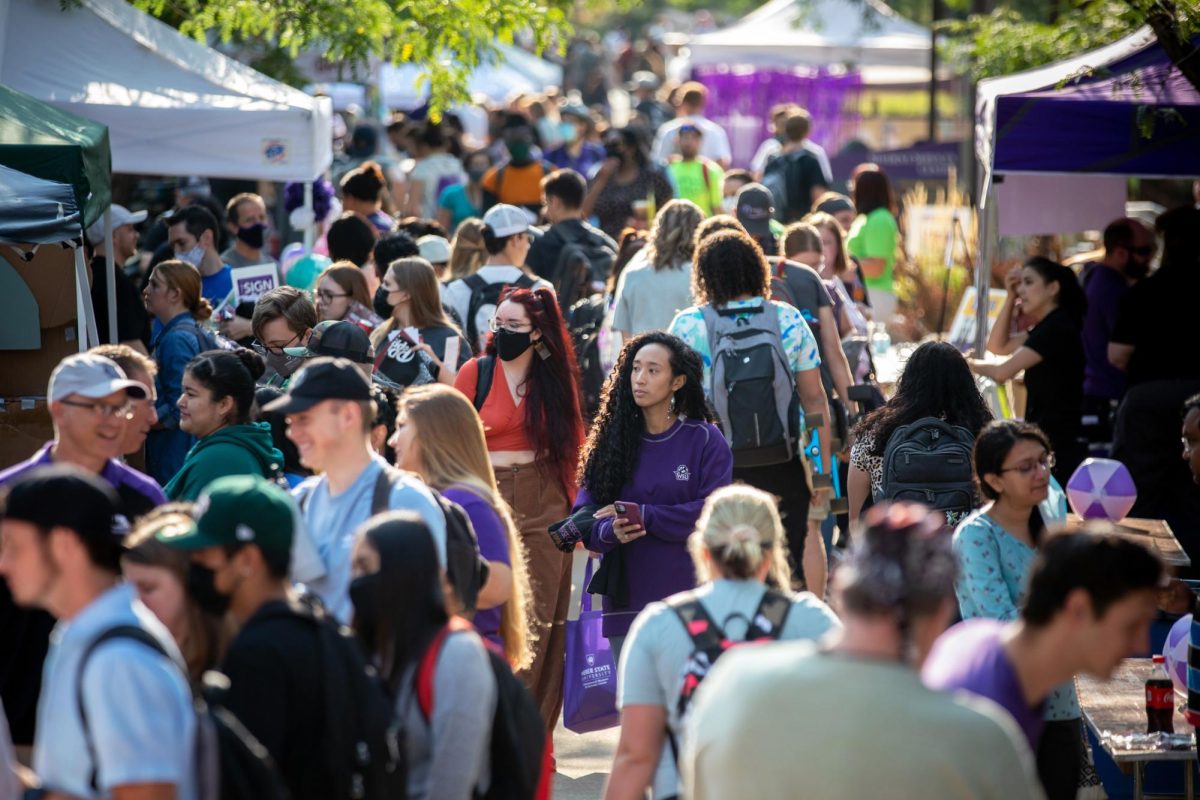The Weber State Office of Student Affairs offers access to peer mentoring for students on campus seeking guidance through different aspects of college life.

“My mentor was a gift, especially after moving here from another state,” wrote a mentee.
The quote was among several shared by Olga Antonio, the mentor coordinator at Weber State.
Antonio points to a sense of community — and, more specifically, a sense of belonging — being important for students who can feel different from other students, coming from a variety of backgrounds and experiences.
“As a university, we want students to feel connected,” Antonio said.
Students who are interested in becoming part of the mentorship program as a mentor or mentee can be connected socially and help fellow peers through their college experience using combined experiences as tools for relationship building and teamwork in the university setting.
A student mentee can benefit from help learning about campus resources, study tips, extracurricular and social networking with others on campus experiencing similar things.
“The peer mentoring program, I love, because it’s that extra resource. It’s different being mentored by a peer than a professional staff member,” Ben Ferney, WSUSA student body president, said.
Mentors and mentees come from a variety of backgrounds. Students coming from non-traditional backgrounds such as a first generation college students or students from a low-income household may feel they’re out of place at college. Student mentors can help provide support, guidance and provide social connections and a sense of belonging and support.
Student mentees and mentors reflect on solving and adjusting towards a student’s needs.
Socializing in a new environment with people unfamiliar can be overwhelming for some students and difficult for others to make connections when they arrive at school.
“People can feel like they come, and people already have friends, so they’re late to the game,” Antonio said.
Antonio described how many students can be experiencing similar things; however, they may be experiencing those things alone. Friendship is important during college, because with the stresses of classes and personal life, a student can begin to feel lost in their college experience.
Mentors are required to complete training and certification in relationship building, accountability, networking, campus resources, cultural competence and interpersonal communication. This is completed through continued education through the university to keep mentors up to speed with the latest trends in students’ needs.



















